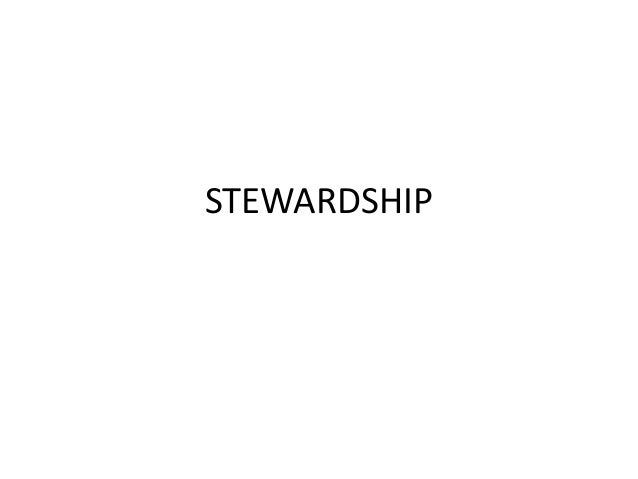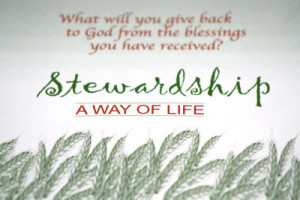

Stewardship, however, extends beyond any one particular piece of land. And public ownership too often means non-ownership, leading to the "Tragedy of the Commons." Land ownership patterns are critical to stewardship, but no one type of ownership guarantees good stewardship.īerry argues that true land stewardship usually begins with one small piece of land, used or controlled or owned by an individual who lives on that land. Absentee ownership, for example, often means a lack of connection, a lack of knowledge, and a lack of caring. But, ownership obviously does not guarantee stewardship -great and widespread abuses of land are perpetrated by owners. People who own land have some control of it, and effective stewardship requires control, if only in the sense of enough power to prevent abuse. This does not necessarily imply ownership, although enlightened ownership is at the heart of land stewardship. Reconnecting means getting to know that land as intimately as possible. Stewardship implies at the very least then, an attempt to reconnect to a piece of land. a nation will destroy its land and therefore itself if it does not foster rural households and communities that maintain people on the land as outlined in the first six rules.the ability to live carefully on the land is limited owning too much acreage, for example, decreases the quality of attention needed to care for the land.motivation to care for the land stems from an expectation that people will spend their entire lives on the land, and even more so if they expect their children and grandchildren to also spend their entire lives on that same land.motivation to care for the land, to live with it, stems from an interest in that land that "is direct, dependable, and permanent ".motivation to care for the land cannot be provided by "general principles or by incentives that are merely economic ".if people do not know the land intimately, they cannot care for it properly.using the land will lead to ruin of the land unless it "is properly cared for ".He lays down seven rules of land stewardship -rules of "living right." These are: However, Berry does not limit his notion of stewardship to a biblical or religious one. He suggests that when we lost the skill to use the land properly, we lost stewardship. He describes stewardship as "hopeless and meaningless unless it involves long-term courage, perseverance, devotion, and skill" on the part of individuals, and not just farmers. He finds a mandate for good stewardship in religious traditions, including Judaism and Christianity: "The divine mandate to use the world justly and charitably, then, defines every person's moral predicament as that of a steward." Berry, however, does not leave stewardship to divine intervention. In his books, Farming: A Handbook (1970), The Unsettling of America (1977), The Gift of Good Land (1981), and Home Economics (1987), Berry shares his wisdom on caring for the land and the necessity of stewardship. For example, Wendell Berry, a poet and essayist, is one of the foremost contemporary spokespersons for stewardship of the land.

While there are few works written specifically on land stewardship, the concept is embedded implicitly and explicitly in the writings of many articulate environmentalists. Any concept of steward or stewardship must include the notion of ensuring the essentials of life, all of which derive from the land. "Caretaking" universally includes caring for the material resources on which people depend, and by extension, the land or environment from which those resources are extracted. Intrinsic in those restricted definitions is the idea of responsible caretakers, of persons who take good care of the resources in their charge, including natural resources. Similarly, stewardship is defined as doing the job of a steward or, in ecclesiastical terms, as "the responsible use of resources," meaning especially money, time and talents, "in the service of God." Webster's and the Oxford English Dictionary both define a "steward" as an official in charge of a household, church, estate, or governmental unit, or one who makes social arrangements for various kinds of events a manager or administrator. However, literature on the related ideas of sustainability and the land ethic has expanded dramatically in recent years, and these concepts are at the heart of land stewardship. Much of the literature that does exist is limited to a biblical or theological treatment of stewardship. Little has been written explicitly on the subject of land stewardship.


 0 kommentar(er)
0 kommentar(er)
